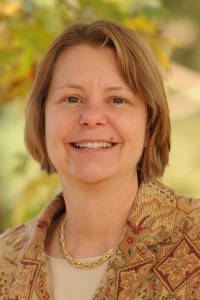The Graduate School is pleased to announce new theses are now available in the J.R. van Pelt and Opie Library from the following programs:
- Biological Sciences
- Chemical Engineering
- Chemistry
- Civil Engineering
- Electrical Engineering
- Environmental Engineering Science
- Forestry
- Geological Engineering
- Geology
- Geophysics
- Industrial Archaeology
- Materials Science and Engineering
- Mechanical Engineering
- Physics
